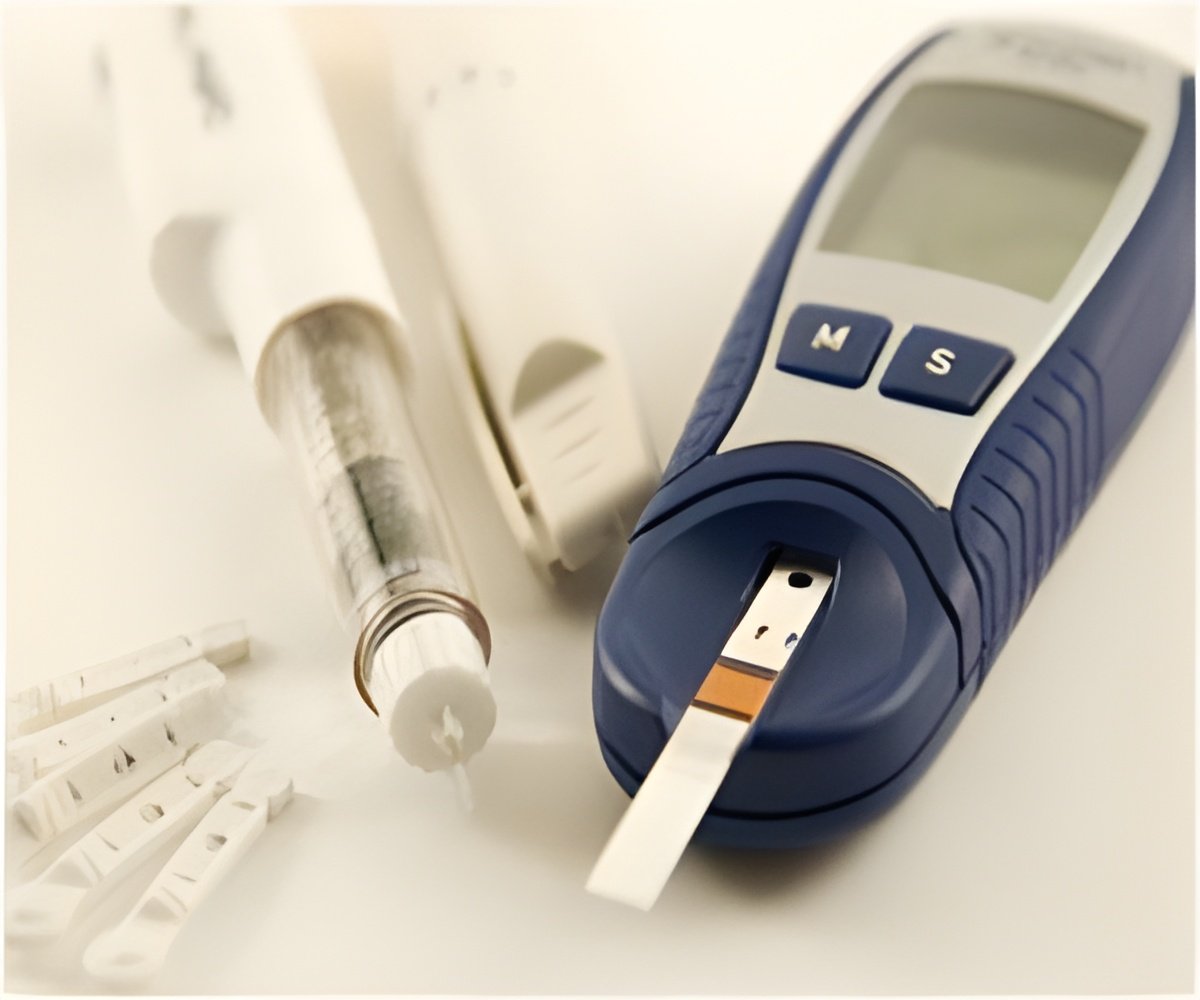Researchers can now identify young people with type 1 diabetes at risk of heart and kidney disease, using a simple urine tests.

Although elevated albumin levels in the urine are already used to identify adults with diabetes who are at higher risk of kidney and heart disease, this is the first time that researchers have shown that normal variation in these levels can be an indicator of risk during adolescence.
Professor David Dunger, the lead author of the Adolescent Type 1 Diabetes Cardio-Renal Intervention Trial (AdDIT) study from the University of Cambridge, said: "Managing type 1 diabetes is difficult enough without having to deal with other health problems. By using early screening, we can now identify young people at risk of heart and kidney disease. The next step will be to see if drugs used to treat heart and kidney disease – such as statins and blood pressure lowering drugs – can help prevent kidney and heart complications in this young, potentially vulnerable population."
For the study, researchers from the UK, Canada and Australia measured albumin levels in the urine of 3,353 adolescents (10-16 years old) with type 1 diabetes as well as assessed the young people for early signs of heart and kidney disease such as stiffening of the arteries, abnormal lipid (blood fat) profiles and kidney function.
They found that adolescents with type 1 diabetes whose urinary albumin levels were in the top 30% – but still within what is currently considered the ’normal’ range - showed more evidence of early kidney and cardiovascular complications than those with lower levels. Helen Nickerson, Scientific Program Manager at JDRF in New York, said: "We are grateful to the study team and all the trial participants for their efforts leading to this initial data. We hope the continued participation of subjects as the AdDIT trial progresses will reveal new information about kidney and heart risk in type 1 diabetes, as well as testing a possible way to reduce this risk."Dr Sanjay Thakrar, Research Advisor at the BHF, which helped to fund the study, said: "This exciting early finding shows that we could identify those young people with type 1 diabetes who are most at risk of developing coronary heart disease. The researchers now need to assess whether early treatment with standard heart medication could help to keep these young people’s hearts healthy in the future."
Dr Alasdair Rankin, Director of Research for Diabetes UK, said: "Every year, too many people with type 1 diabetes experience kidney failure and heart disease as a result of their diabetes and this can have a really devastating effect on their lives. By showing that people at high risk of these complications can be identified when they are children, this research offers the exciting prospect that in the future we might be able to offer treatment early to stop them from happening. While it would be a number of years before this became a widely-available treatment option, this does offer real hope of another way to help people with type 1 diabetes have the best possible chance of a long and healthy life."
More than 490,000 young people (0-14) worldwide have type 1 diabetes.* In the UK, nearly 25 children out of every 100,000 are diagnosed with the condition every year.**
 MEDINDIA
MEDINDIA




 Email
Email










